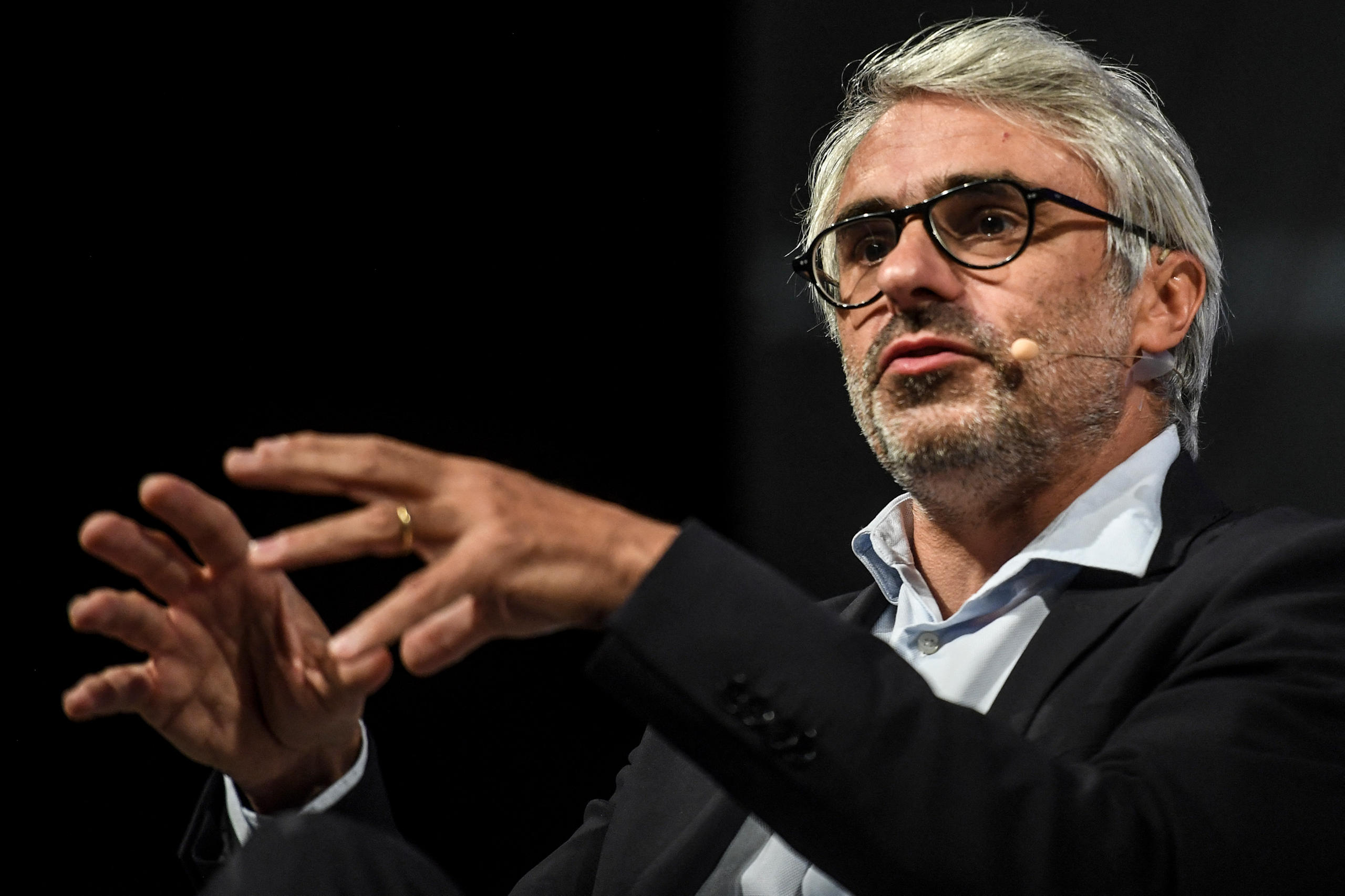
Swiss voters back minimum tax on multinational earnings

Citizens have massively approved a new minimum tax rate of 15% on big international firms. Critics aren’t convinced that the measure will help to redress global tax injustices.
While a “yes” vote was expected, the extent was overwhelming: final results on Sunday showed an approval rate of 78.5%, the sixth-highest in the past 20 years for a popular vote. All 26 Swiss cantons came out in favour. Turnout was 41.9%.

More
June 18 votes: results from across Switzerland
As a result, Switzerland will enforce – from January 1, 2024 – its version of a 2021 global deal led by the Organisation for Economic Co-operation and Development (OECD), which aims to clamp down on tax avoidance by big multinational firms.
Concretely, Swiss authorities will impose a “top-up tax” on all firms with revenues over €750 million (CHF732 million) per year, to make sure the new global minimum rate of 15% rate is reached. Currently the country’s 26 cantons all apply individual rates, the majority of them under 15%. The national average is estimated at 13.5%.
The result is a “clear defeat” for the left-wing opponents, admitted Social Democrat parliamentarian Fabian Molina on Sunday. His party was in favour of the tax as such, but had campaigned for a “no” vote due to what it saw as an unfair divvying up of the proceeds.
The argument that the tax intakes should be better shared among the population, rather than profiting rich low-tax cantons like Zug and Basel City, was not properly explained to voters, lamented Social Democrat co-leader Cédric Wermuth.

More
Tax reform: ‘Switzerland has understood that it’s better to be at the negotiating table’
Stability
Backers of the reform – the government, most political parties, and business groups – welcomed the result. Finance Minister Karin Keller-Sutter said on Sunday that voters had chosen “security and stability” when it came to framework conditions for the 2,200-odd Swiss-based companies affected by the change.
Supporters also reiterated the campaign argument that the new tax intake would now “stay in Switzerland” – under the deal, if one country decides not to impose the 15% rate, another country where the firm in question is active can collect the top-up tax.
“The impacted companies would have had to pay the taxes abroad,” said Vincent Simon of the Economiesuisse business lobby on Sunday. This would have led to added “fiscal complications” for the firms involved.
Instead, they will pay the 15% rate in Switzerland, under a transition plan hashed out by parliament, which will allocate 75% of the intake to the cantons where the firms in question are based, with the remaining 25% going to the federal government.
Authorities reckon the reform will bring in up to CHF2.5 billion in extra tax revenues each year.
The regions plan to invest this money in maintaining their status as a business location through various other subsidies and tax incentives. Federal authorities say they will do the same at the national level, and will also feed some of the proceeds into a mechanism for reducing regional inequalities.

More
Explainer: the OECD minimum tax vote
Yes, but…
Ultimately it was this implementation plan – rather than the tax itself – which spurred opposition from left-wing groups, who argued that the spoils of the reform should be shared more equitably.
It’s “simply unfair”, said trade unionist Daniel Lampart during a debate before the vote. “Despite additional tax intakes, normal earners get no more money – even as health insurance premiums are skyrocketing, and the price of public transport and rents is rising.”
Others again said the whole debate was too inward-looking. Dominik Gross of Alliance Sud, a Swiss association of NGOs, said the reform would not tackle the underlying problem of big companies avoiding taxes in places they do much of their business, particularly in the global south.
“The extra revenue is not going to flow to the countries that most urgently need it,” Gross told the Keystone-SDA news agency on Sunday. His group had campaigned for more of the proceeds to be fed into development aid and climate justice.

More
Switzerland’s tax haven reputation runs deep even with reforms

In compliance with the JTI standards
More: SWI swissinfo.ch certified by the Journalism Trust Initiative































You can find an overview of ongoing debates with our journalists here . Please join us!
If you want to start a conversation about a topic raised in this article or want to report factual errors, email us at english@swissinfo.ch.